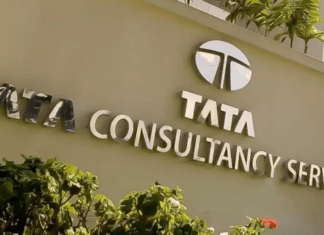With an aim to make the inspection process simple and eliminate physical inspection as far as possible, the Employees’ Provident Fund Organisation (EPFO) will be launching an e-inspection system. It has also suggested amending the Employees’ Provident Funds and Miscellaneous Provisions Act, 1952, so that the enquiry period does not extend beyond two years. Another positive move from the Labour Ministry is the plan to amend the Act, such that the Government has the power to fix rates for a wider section of workers such as drivers, maids/domestic help or the self-employed.
It is observed that when there is a mismatch in employees’ data, it becomes very difficult for them to generate the 12-digit Universal Account Number (UAN). This makes it necessary for EPFO to come up with different ways to authenticate and match the data in the database.
The organisation is already endeavouring to ensure that the beneficiaries who have KYC compliance get their settlement within three days if their UAN is linked to Aadhaar, and if they possess a bank account along with a registered mobile number.
To make sure that there is no corruption, EPFO is looking at forming a society, similar to the Institute of Chartered Accountants of India, comprising self-regulating consultants. Also, it has been suggested that defaulters be treated as economic offenders instead of criminals.
Much of EPFO-related work has been digitised. The claim process has surely come a long way from hard copy files to a digital and application-based platform. The process will leverage artificial intelligence (AI) and machine learning when it moves on to an analytical platform based on big data.
Value our content... contribute towards our growth. Even a small contribution a month would be of great help for us.
Since eight years, we have been serving the industry through daily news and stories. Our content is free for all and we plan to keep it that way.
Support HRKatha. Pay Here (All it takes is a minute)




































